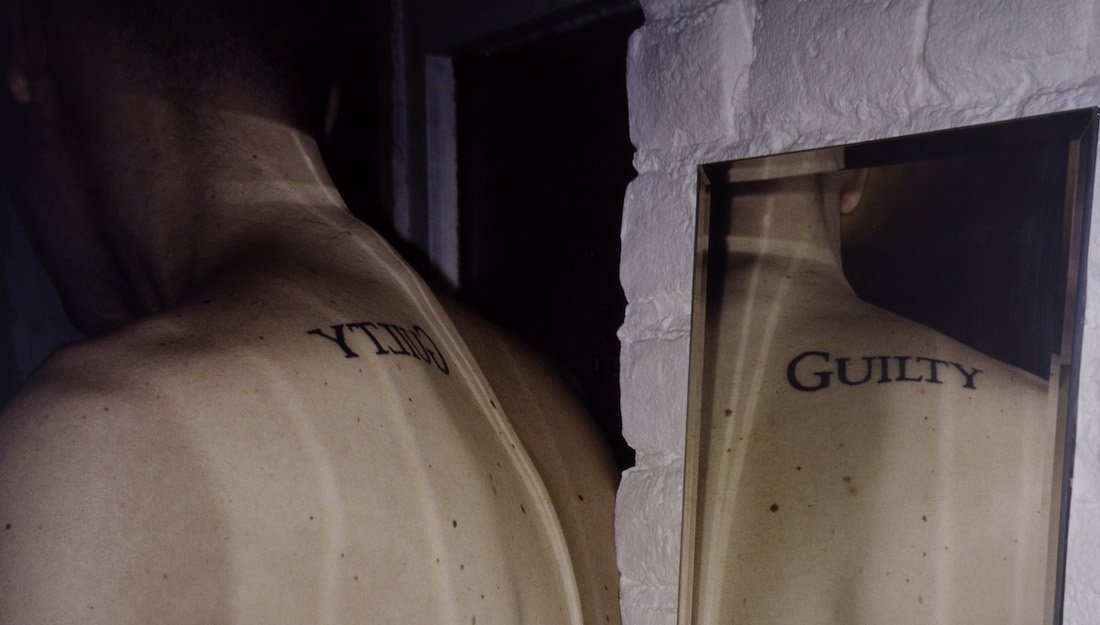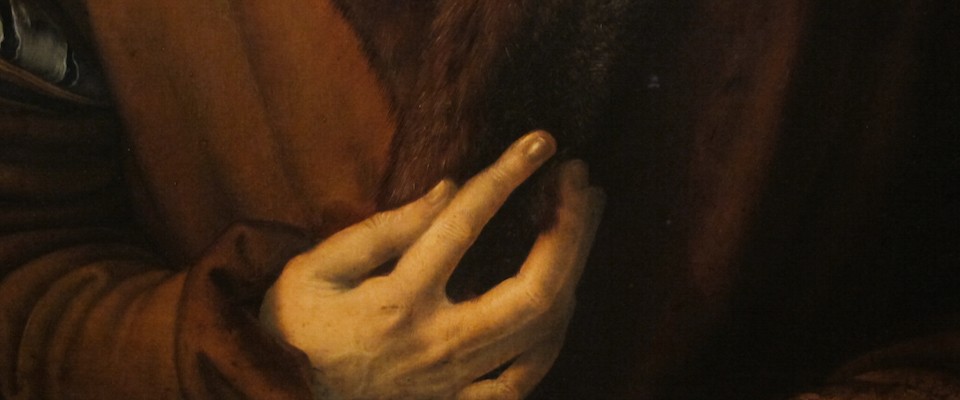Having attended compulsory Mass, in Latin no less, six days a week in elementary and junior high school, I learned a thing or two about guilt. By my later teens I realized guilt was a junk emotion, the suffocating residue of socially conditioned conscience inculcated by religion and family.
 However I also realized there is such a thing as a healthy conscience without duty and guilt, and I’ve lived by it all my life. A healthy conscience involves a willingness to admit and learn from one’s mistakes, as opposed to the guilt and shame the Judeo-Christian tradition once instilled through sin.
However I also realized there is such a thing as a healthy conscience without duty and guilt, and I’ve lived by it all my life. A healthy conscience involves a willingness to admit and learn from one’s mistakes, as opposed to the guilt and shame the Judeo-Christian tradition once instilled through sin.
A large portion of America’s intelligentsia believes that “the stupendous achievements of the West in improving the material conditions of human life and extending the blessings of liberty and dignity to more and more people are in danger of being countervailed and even negated by a growing burden of guilt that poisons our social relations and hinders our efforts to live happy and harmonious lives.”
That’s a sentence only a derivative conservative pundit could praise. It was written by Wilfred McClay, “an American intellectual historian, a noted conservative public intellectual,” in an incredibly obtuse essay entitled, “The Strange Persistence of Guilt.” (Anytime the word intellectual is used twice in the same descriptor, you know you’re in trouble.)
Standing on Freud’s skeletal shoulders, McClay would have us believe that our “worst mental burdens and pathologies are imposed by our oppressive and hyperactive consciences,” and that “responsibility is the fertile seedbed of guilt.”
That is malignantly false. The unproductive emotions of guilt and shame are byproducts not of our wonderfully successful Western civilization, but of an unhealthy and deformed individual and collective conscience.
Guilt arises not from an excess of responsibility, as McClay asserts, but the failure to take responsibility for what is within one, whether it got there from family and society, or from one’s own actions and inactions. When an entire people avoid responsibility for themselves, they must perish, and in perishing, see themselves as victims of their own neglect.
Guilt, McClay insists with the authority of numerous endnotes, has been completely divorced from its “moral significance” (by which he means something to feel guilty about). He backs up this dubious claim by making a ludicrous one, quoting Freud as if we were still living in the Victorian Age: “The price we pay for our advance in civilization is a loss of happiness through the heightening of the sense of guilt.”
What culture are people like this living in? How do you possibly twist the absence of conscience into an excess of guilt? How do you ignore the destruction of the earth and the human spirit and misrepresent the crisis as a product of “our oppressive and hyperactive consciences?”
With intellectuals and their cheerleaders in the mainline media such as this, it is no wonder ordinary folks opted for Trump. The Donald speaks John and Jane Doe’s language, even if anyone with any sense can’t make any sense out of what the POTUS is saying and doing.
In another example of poor philosophy and even poorer spiritual understanding, McClay rhetorically declares, “Sin is a transgression against God, and without a God, how can there be such a thing as sin?” That’s like saying, evil is the work of Satan, and without Satan, how can there be such a thing as evil?
In truth, sin is not a transgression against God, but a transgression against humanity. Stripped of “religious frameworks and vocabularies,” sin is understood as a deep mistake, for which the individual can take responsibility and remedy as far as a healthy conscience directs, while evil is  understood as a collective force of darkness, which a healthy conscience stands against and learns from.
understood as a collective force of darkness, which a healthy conscience stands against and learns from.
With conservatives it comes down to outright claptrap such as this: “Without the support of religious beliefs and institutions…the advance of human civilization brings not happiness but a mounting tide of unassuaged guilt.”
They refuse to see that we don’t have the cultural rot we have in the West because the Judeo-Christian tradition has lost its power to hold and mold, but because this diseased culture is the logical end of the contradictions of individualism, materialism and greed that lie at the root of the Judeo-Christian tradition.
McClay’s intellectual contortions are meant to explain, and explain away, the deep malaise and dissatisfaction that besets Western civilization. Let’s invoke Occam’s razor, which “requires that the simplest of competing theories be preferred to the more complex.”
Here’s a simpler explanation. The malaise in the West isn’t due to surplus of guilt, but a deficit of conscience. People don’t care because they don’t feel; they don’t feel because they believe it hurts too much to feel.
After all, in a dead culture and civilization it’s much easier to adapt by becoming numb than it is to keep swimming against the current. But that’s the only way to stay alive, or come back to life.
Martin LeFevre
Link: http://www.iasc-culture.org/THR/THR_article_2017_Spring_McClay.php

